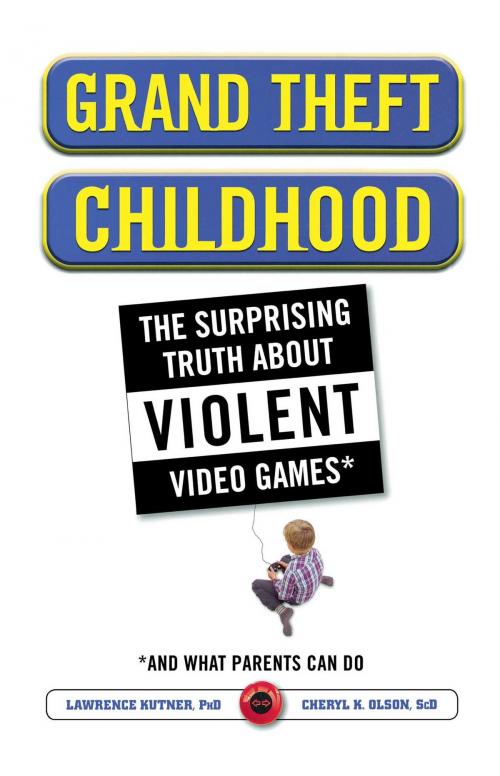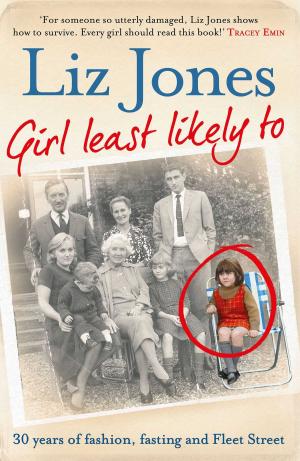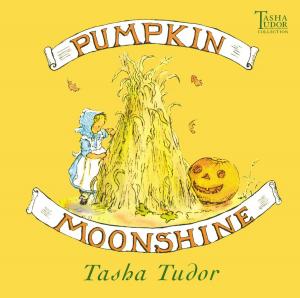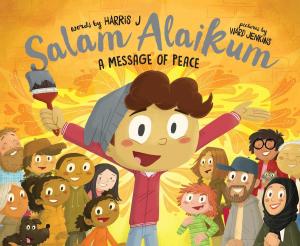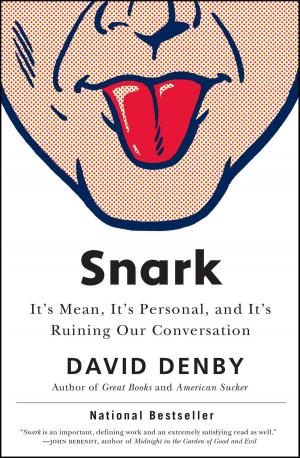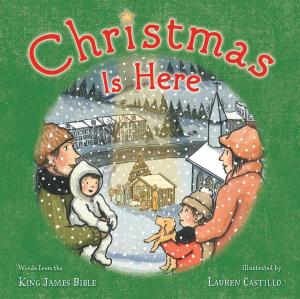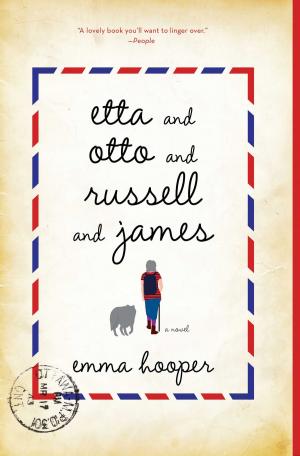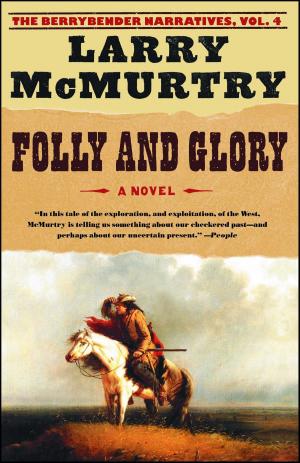Grand Theft Childhood
The Surprising Truth About Violent Video Games and What Parents Can Do
Nonfiction, Social & Cultural Studies, Social Science, Cultural Studies, Popular Culture, Sociology, Family & Relationships| Author: | Dr. Lawrence Kutner, Dr. Cheryl Olson | ISBN: | 9781416564690 |
| Publisher: | Simon & Schuster | Publication: | April 15, 2008 |
| Imprint: | Simon & Schuster | Language: | English |
| Author: | Dr. Lawrence Kutner, Dr. Cheryl Olson |
| ISBN: | 9781416564690 |
| Publisher: | Simon & Schuster |
| Publication: | April 15, 2008 |
| Imprint: | Simon & Schuster |
| Language: | English |
Listening to pundits and politicians, you'd think that the relationship between violent video games and aggressive behavior in children is clear. Children who play violent video games are more likely to be socially isolated and have poor interpersonal skills. Violent games can trigger real-world violence. The best way to protect our kids is to keep them away from games such as Grand Theft Auto that are rated M for Mature. Right?
Wrong. In fact, many parents are worried about the wrong things!
In 2004, Lawrence Kutner, PhD, and Cheryl K. Olson, ScD, cofounders and directors of the Harvard Medical School Center for Mental Health and Media, began a $1.5 million federally funded study on the effects of video games. In contrast to previous research, their study focused on real children and families in real situations. What they found surprised, encouraged and sometimes disturbed them: their findings conform to the views of neither the alarmists nor the video game industry boosters. In Grand Theft Childhood: The Surprising Truth about Violent Video Games and What Parents Can Do, Kutner and Olson untangle the web of politics, marketing, advocacy and flawed or misconstrued studies that until now have shaped parents' concerns.
Instead of offering a one-size-fits-all prescription, Grand Theft Childhood gives the information you need to decide how you want to handle this sensitive issue in your own family. You'll learn when -- and what kinds of -- video games can be harmful, when they can serve as important social or learning tools and how to create and enforce game-playing rules in your household. You'll find out what's really in the games your children play and when to worry about your children playing with strangers on the Internet. You'll understand how games are rated, how to make best use of ratings and the potentially important information that ratings don't provide.
Grand Theft Childhood takes video games out of the political and media arenas, and puts parents back in control. It should be required reading for all families who use game consoles or computers.
Almost all children today play video or computer games. Half of twelve-year-olds regularly play violent, Mature-rated games. And parents are worried...
*"I don't know if it's an addiction, but my son is just glued to it. It's the same with my daughter with her computer...and I can't be watching both of them all the time, to see if they're talking to strangers or if someone is getting killed in the other room on the PlayStation. It's just nerve-racking!"
"I'm concerned that this game playing is just the kid and the TV screen...how is this going to affect his social skills?"
"I'm not concerned about the violence; I'm concerned about the way they portray the violence. It's not accidental; it's intentional. They're just out to kill people in some of these games."*
What should we as parents, teachers and public policy makers be concerned about? The real risks are subtle and aren't just about gore or sex. Video games don't affect all children in the same way; some children are at significantly greater risk. (You may be surprised to learn which ones!) Grand Theft Childhood gives parents practical, research-based advice on ways to limit many of those risks. It also shows how video games -- even violent games -- can benefit children and families in unexpected ways.
In this groundbreaking and timely book, Drs. Lawrence Kutner and Cheryl Olson cut through the myths and hysteria, and reveal the surprising truth about kids and violent games.
Listening to pundits and politicians, you'd think that the relationship between violent video games and aggressive behavior in children is clear. Children who play violent video games are more likely to be socially isolated and have poor interpersonal skills. Violent games can trigger real-world violence. The best way to protect our kids is to keep them away from games such as Grand Theft Auto that are rated M for Mature. Right?
Wrong. In fact, many parents are worried about the wrong things!
In 2004, Lawrence Kutner, PhD, and Cheryl K. Olson, ScD, cofounders and directors of the Harvard Medical School Center for Mental Health and Media, began a $1.5 million federally funded study on the effects of video games. In contrast to previous research, their study focused on real children and families in real situations. What they found surprised, encouraged and sometimes disturbed them: their findings conform to the views of neither the alarmists nor the video game industry boosters. In Grand Theft Childhood: The Surprising Truth about Violent Video Games and What Parents Can Do, Kutner and Olson untangle the web of politics, marketing, advocacy and flawed or misconstrued studies that until now have shaped parents' concerns.
Instead of offering a one-size-fits-all prescription, Grand Theft Childhood gives the information you need to decide how you want to handle this sensitive issue in your own family. You'll learn when -- and what kinds of -- video games can be harmful, when they can serve as important social or learning tools and how to create and enforce game-playing rules in your household. You'll find out what's really in the games your children play and when to worry about your children playing with strangers on the Internet. You'll understand how games are rated, how to make best use of ratings and the potentially important information that ratings don't provide.
Grand Theft Childhood takes video games out of the political and media arenas, and puts parents back in control. It should be required reading for all families who use game consoles or computers.
Almost all children today play video or computer games. Half of twelve-year-olds regularly play violent, Mature-rated games. And parents are worried...
*"I don't know if it's an addiction, but my son is just glued to it. It's the same with my daughter with her computer...and I can't be watching both of them all the time, to see if they're talking to strangers or if someone is getting killed in the other room on the PlayStation. It's just nerve-racking!"
"I'm concerned that this game playing is just the kid and the TV screen...how is this going to affect his social skills?"
"I'm not concerned about the violence; I'm concerned about the way they portray the violence. It's not accidental; it's intentional. They're just out to kill people in some of these games."*
What should we as parents, teachers and public policy makers be concerned about? The real risks are subtle and aren't just about gore or sex. Video games don't affect all children in the same way; some children are at significantly greater risk. (You may be surprised to learn which ones!) Grand Theft Childhood gives parents practical, research-based advice on ways to limit many of those risks. It also shows how video games -- even violent games -- can benefit children and families in unexpected ways.
In this groundbreaking and timely book, Drs. Lawrence Kutner and Cheryl Olson cut through the myths and hysteria, and reveal the surprising truth about kids and violent games.
